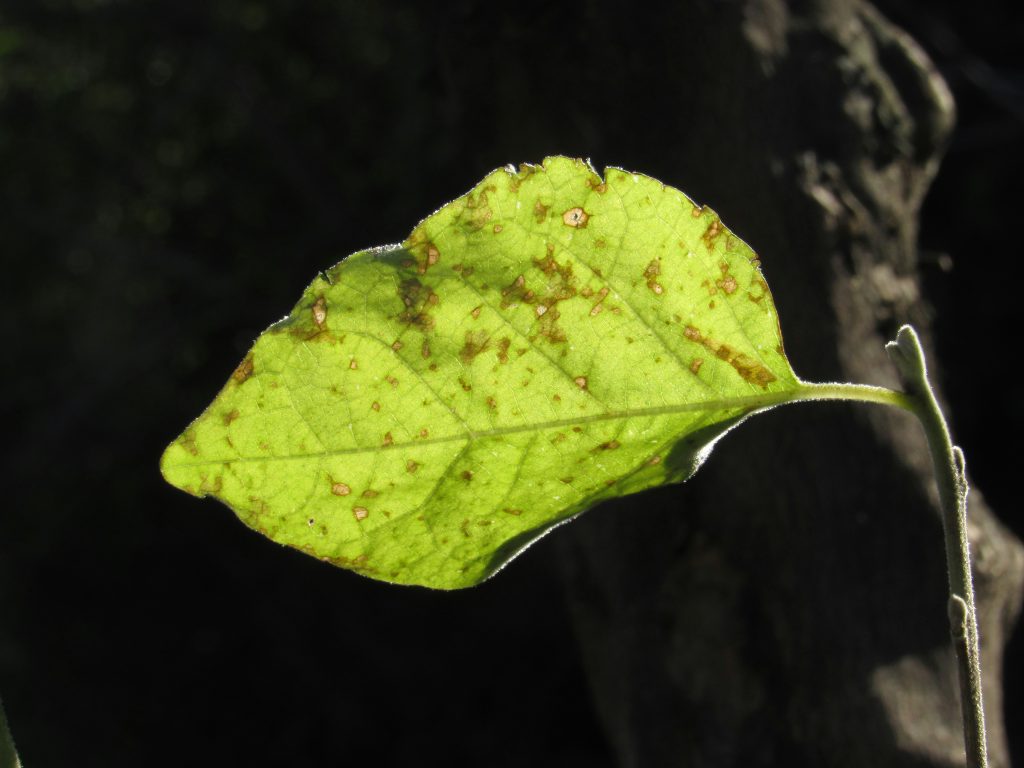Recent reports indicate a concerning rise in human parvovirus B19 infections across the United States, particularly among children. Known for causing the distinctive ‘slapped-cheek’ rash, parvovirus B19 is often referred to as Fifth disease. The Centers for Disease Control and Prevention (CDC) has issued an alert to healthcare providers, emphasizing the need for vigilance as schools prepare to reopen. This seasonal respiratory virus spreads primarily through respiratory droplets, making it highly contagious in settings where children gather.
The CDC’s warning comes in response to a dramatic increase in reported cases. Typically, parvovirus B19 is a mild illness in healthy children, characterized by symptoms such as fever, headache, and the signature rash. However, the virus poses greater risks for pregnant women, as it can lead to serious complications for unborn babies, including fetal anemia.
Healthcare professionals are urged to remain alert for signs of parvovirus infection, particularly in populations with compromised immune systems. The rise in infections coincides with the back-to-school season, raising concerns about further spread among children and vulnerable individuals. As students return to classrooms, health officials are encouraging parents to be aware of the symptoms and seek medical advice if they suspect their child may be infected.
The CDC’s alert serves as a reminder of the importance of preventive measures, such as good hygiene practices and staying home when ill. Parents and guardians are encouraged to educate their children about the importance of handwashing and avoiding close contact with those who exhibit symptoms of illness.
As the situation evolves, health officials will continue to monitor the spread of parvovirus B19 and provide updates to the public. The rise in infections highlights the need for ongoing public health education and awareness, particularly as respiratory viruses circulate during the colder months. Individuals are encouraged to stay informed and take the necessary precautions to protect themselves and their families from potential infections.

